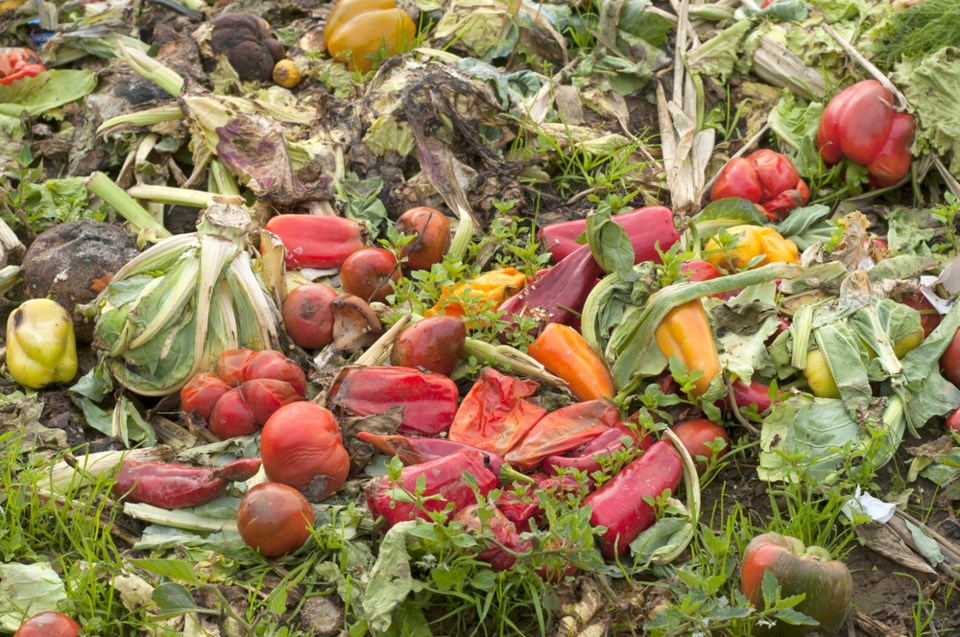A 16-week pilot project aims to help city officials get a better handle on food waste – how much is and isn’t avoidable – with the ultimate goal of helping residents reduce how much they dispose of and lessen contaminants in the organics collection stream.
The initiative, which launches later this month, is being done by the City of Guelph and Our Food Future in collaboration with Kitchener-based Eagle Vision Systems Inc.
“The project is exactly the spirit of collaboration that Our Food Future envisioned from the very beginning,” said Barbara Swartzentruber, executive director of the city’s Smart Cities office, in a news release.
“For a modest investment from Our Food Future, everyone wins: Eagle Vision and their research partners accelerate the development of this innovative prototype, and the city gains valuable data that helps us meet our Smart Cities goals and that we can share with other municipalities that are looking to help their residents reduce avoidable food waste.”
The pilot project will see Eagle Vision install technology on waste collection vehicles to measure avoidable and unavoidable food waste. That information will then be used to help city officials plan targeted public education and outreach campaigns intended to help residents reduce food waste, as well as contaminants that cause problems in the organic waste stream.
Findings of the Guelph Food Waste project indicate the average Guelph family generates almost three kilograms of avoidable food waste each week.
Avoidable food waste includes edible food that ends up in compost or the green cart, the news release explained, noting “common causes” include buying too much food, cooking too much and not eating leftovers, and incorrect sorting.
The project moves into final planning stages this week, with data collection beginning later this month and wrapping up in August.
